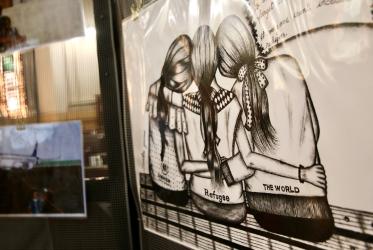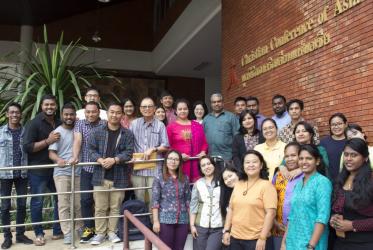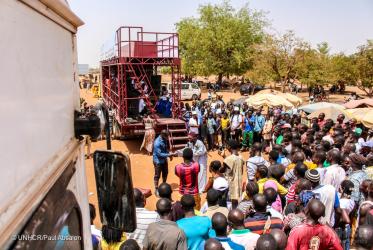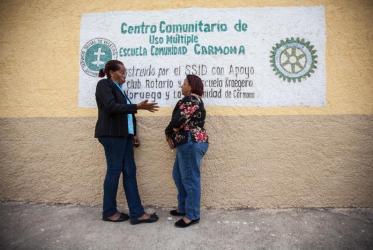Displaying 1 - 18 of 18
Webinar will highlight “People on the Move: Solidarity and Advocacy”
05 November 2020
God’s forgotten children
20 June 2016
Church leaders address statelessness in Dominican Republic
03 February 2015
Faith leaders promote protection of displaced people
25 July 2013










